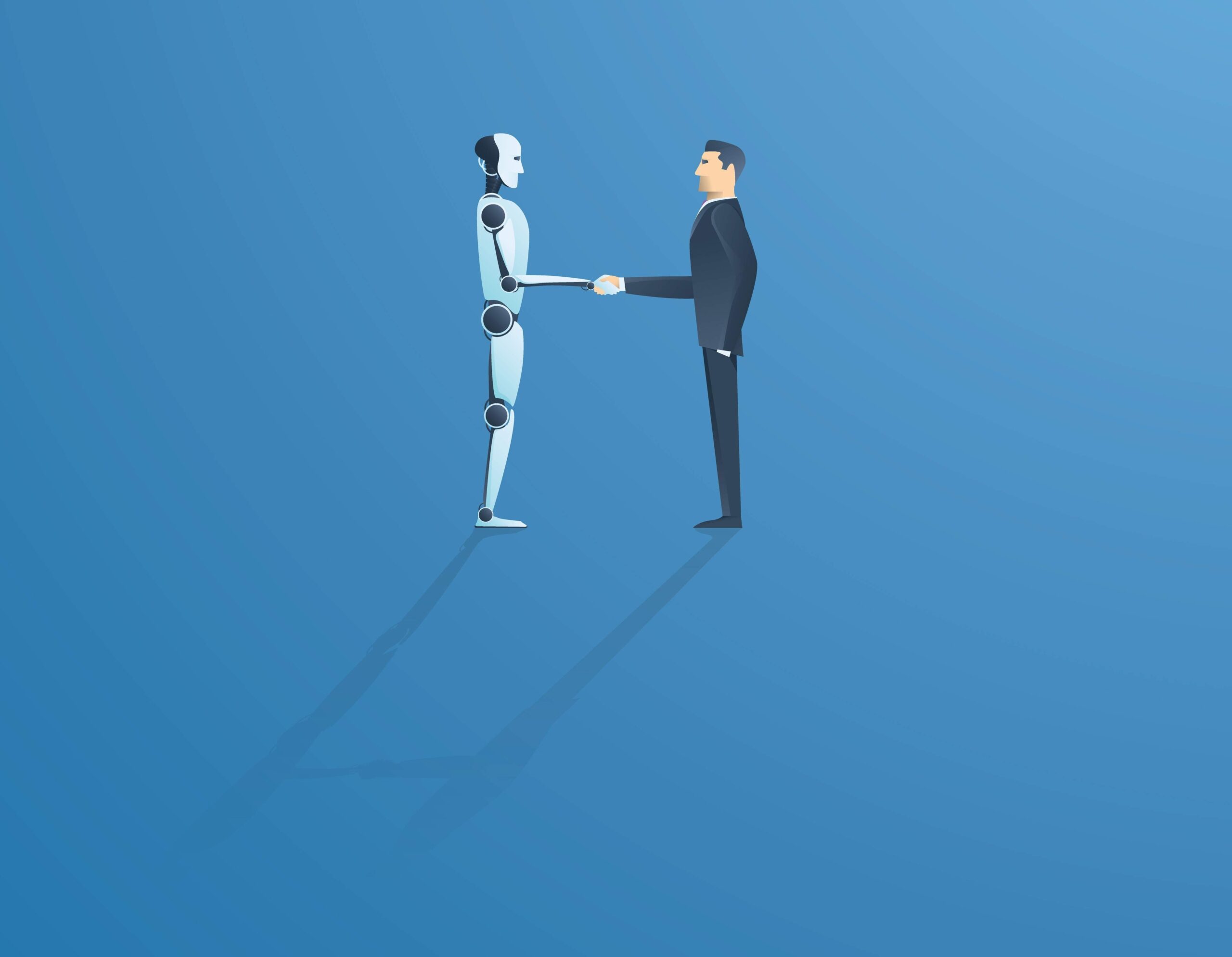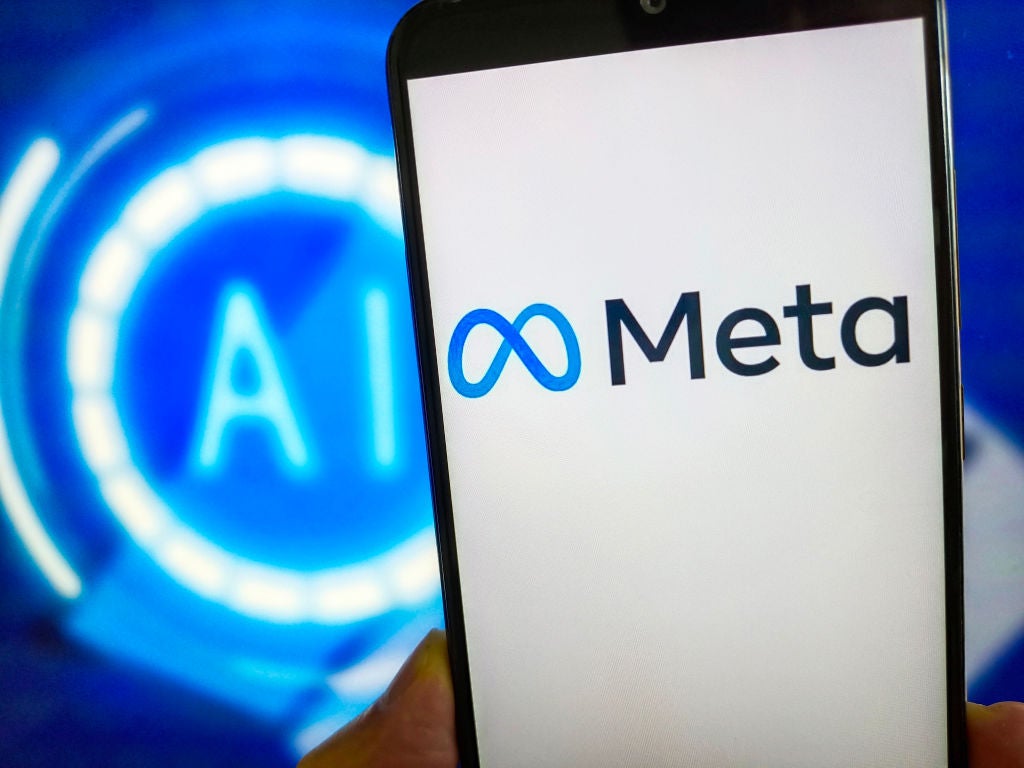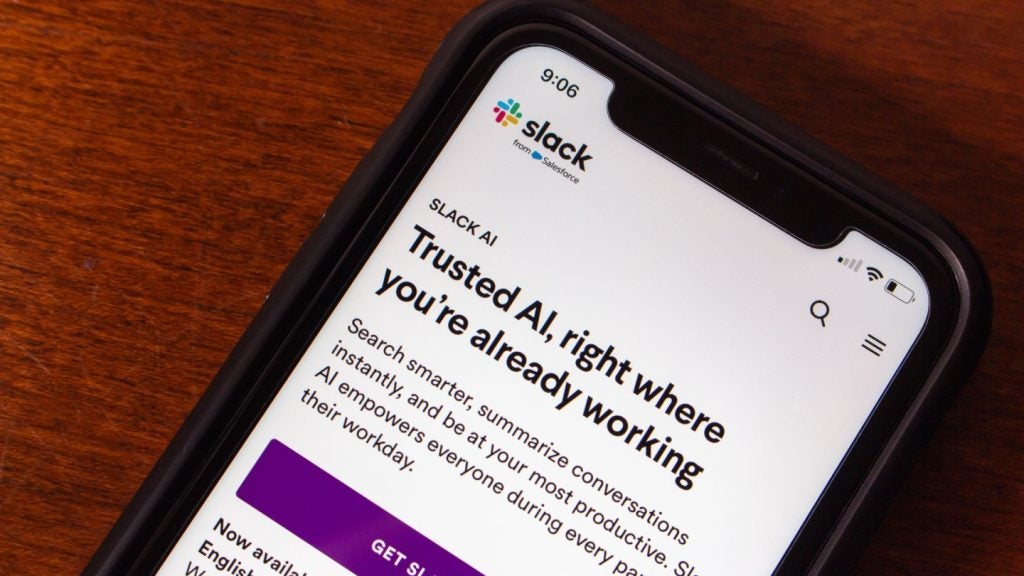
Over half of UK CIOs think that artificial intelligence (AI) will have a positive impact on job creation and recruitment, according to research by recruitment specialists Robert Half Technology UK.
That’s despite previous predictions that as many as 800 million jobs could be lost worldwide to automation.
While 51% responded that AI would be positive, just 16% felt that it would have negative consequences.
The results align with consultancy firm PwC’s analysis that automation technologies — including AI — will replace just 1% of current jobs.
Instead, the main area of concern raised by the 500 surveyed CIOs was finding technically skilled workers that can work alongside AI technology.
“AI will transform businesses and enable them to enter new markets, diversify their operations, improve their ability to address their customers’ needs and improve their competitive advantage,” said Matt Weston, UK managing director of Robert Half.
How well do you really know your competitors?
Access the most comprehensive Company Profiles on the market, powered by GlobalData. Save hours of research. Gain competitive edge.

Thank you!
Your download email will arrive shortly
Not ready to buy yet? Download a free sample
We are confident about the unique quality of our Company Profiles. However, we want you to make the most beneficial decision for your business, so we offer a free sample that you can download by submitting the below form
By GlobalDataA recent report found that AI could grow UK GDP by 10% by 2030, while another predicted intelligent automation would add $512bn of global revenue to financial services firms by 2020.
AI to generate more jobs: what skills are needed?
As AI becomes more ubiquitous across industries such as healthcare, cybersecurity and retail, organisations will need workers that can build and understand AI solutions.
AI products, such as Amazon’s Alexa, seem simple at the front-end. A user asks Alexa “what is the population of Venezuela.” Alexa’s AI program sends this to the cloud for analysis.
When the probable meaning has been determined, it translates it into a set of search queries and runs it against millions of possible answers before replying “31.5 million”.
All of this takes place in a few milliseconds but requires skilled teams of people to develop and maintain each stage of this process.
The same is true for AI solutions in the workplace, from cybersecurity to warehouse management.
As AI becomes more ubiquitous, there will be greater demand for problem-solving skills and the ability to work in teams.
Some experts have recommended that schools should put a greater focus on subjects such as robotics and computational maths to make up for this skills gap.
“AI’s potential to also transform the way we work can’t be overshadowed,” said Weston.
“In fact, a quarter of CIOs in the UK are already considering the expectations of their future IT departments; both the staffing and the infrastructure requirements that will accompany this.”






